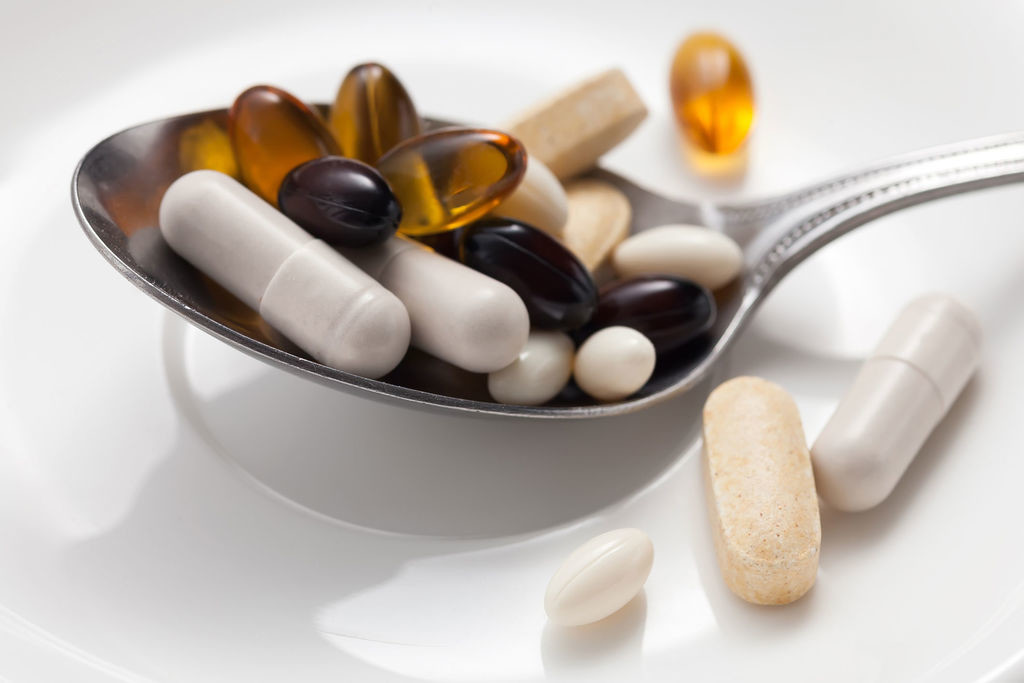Called biotin, vitamin H or vitamin B7 (in English), vitamin B8 is a water-soluble vitamin that is essential for our cells, as it ensures a number of useful reactions for the assimilation of nutrients. proteins, carbohydrates and lipids. Particularly well-known for its role in the production of sugars by the liver, this vitamin is mainly synthesized by the body.
[buzzsprout episode='5714794′ player='true']
However, a healthy, balanced diet is highly recommended to cover the body's daily needs.
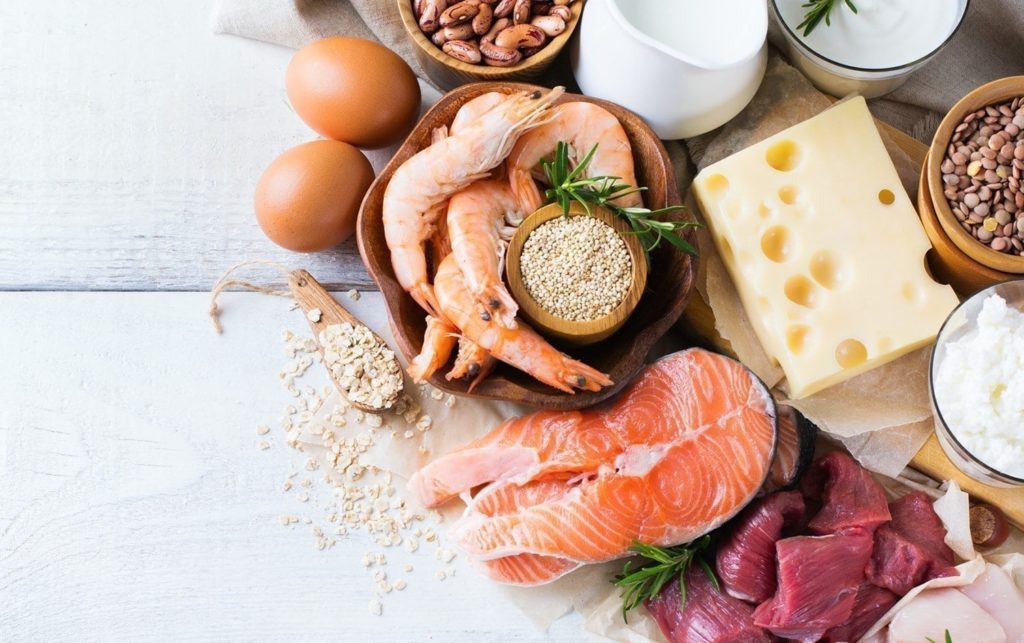
Characteristics of vitamin B8
A member of the vitamin B family, vitamin B8 is a non-caloric organic substance. It is essential to our metabolism, and its self-production by the body has not yet been fully proven. It is a water-soluble vitamin (dissolves in water), and is also rapidly eliminated through urine. Eight different forms are known, but D-biotin, of natural origin, is the only active form recognized to date.
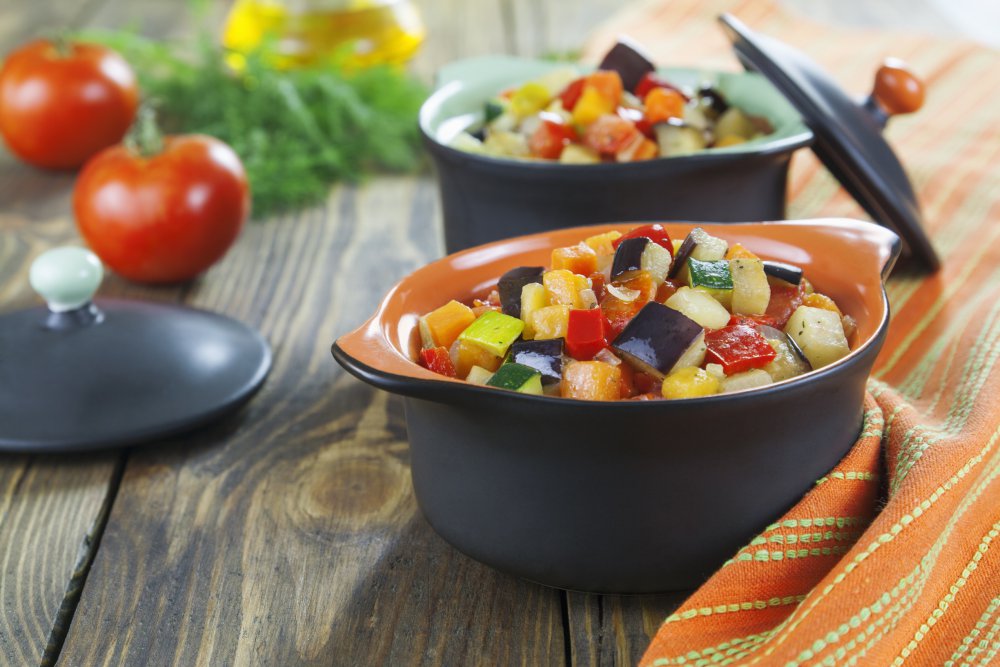
Benefits of vitamin B8 for the body
When assimilated by the body, vitamin B8 directly integrates the structure of a coenzyme (biotinyl-AMP), essential for the activity of a number of enzymes. In particular, it is involved in the metabolism of proteins and some amino acids, carbohydrates and lipids. Vitamin B8 is also involved in the production of sugar by the liver (neoglucogenesis), which occurs mainly during periods of fasting.) It ensures the functioning of the nervous system, as well as the renewal of skin and hair cells.
This content is part of the guide Blooness, the guide to the ideal human diet, the summary of which you can find here 🌱🥑
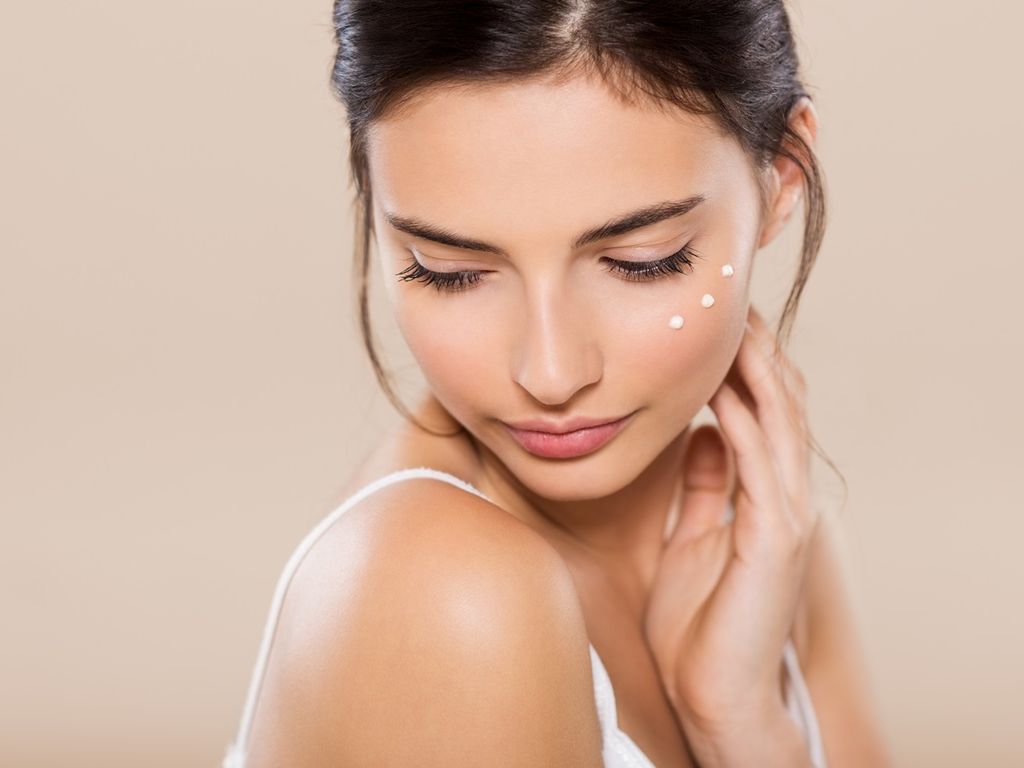
A true beauty complement
Particularly prized in the composition of dietary supplements for nails, skin and hair, biotin's "beauty" efficacy has yet to be scientifically studied. Nevertheless, a vitamin B8 deficiency is more visible on the skin (dermatitis) and hair (loss). Both cases are often treated with biotin supplementation.

Our daily biotin requirements
The recommended daily intake of biotin is 50 µg for teenagers, pregnant women and adults. A breast-feeding woman needs 55 µg. But these needs are generally covered by a healthy, balanced diet.
Table of RDAs (Recommended Dietary Allowances) for vitamin B8
|
Age/State |
Vitamin B8 RDA (µg) |
|
Infants |
6 |
| Children 1 to 3 years |
12 |
|
Children aged 4 to 12 |
20 à 35 |
| Teenagers aged 13 to 19 |
45 à 50 |
|
Adults |
50 |
| Pregnant women |
50 |
|
Nursing mothers |
55 |
| Seniors |
60 |
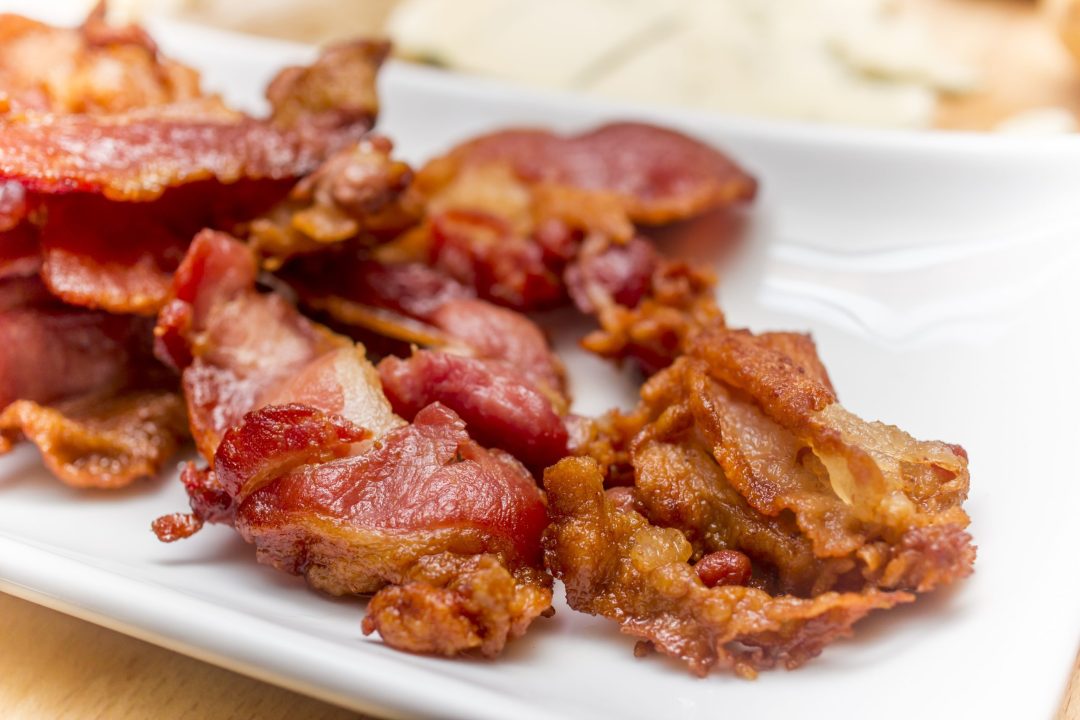
The best food sources of vitamin B8
All foods contain vitamin B8. But it is found in greater quantities in pulsesthe offal (livers), meats and nuts. Yeast can supplement these nutrients.
|
Food |
Vitamin B8 content (µg/100g) |
|
Almond |
49 |
| Brie |
6,8 |
|
Cooked bacon |
6 |
| Cooked poultry liver |
210 |
|
Cooked pork tenderloin |
5 |
| Cooked soybeans |
25 |
|
Cooked black beans |
18 |
| Brewer's yeast |
60 |
|
Nuts |
29 |
| Hard-boiled egg |
16 |
|
Wholemeal bread |
32 |
| Grilled steak |
5 |
Deficiency and overdose: risks and treatment
Vitamin B8 deficiency is rare. The rare cases of biotin deficiency are mainly observed in cases of inadequate intake during exclusive parenteral nutrition not supplemented with vitaminsor vitamin capture by a substance present in raw eggs (avidin).
The main signs of vitamin B8 deficiency can be observed in the skin (inflammation), mucous membranes and nerves (hallucinations, drowsiness, mood disorders). A simple administration of vitamin B8 is often sufficient to correct this type of deficiency.
Moreover, no safety limit has yet been set for this vitamin, as the risk of overdosing is minimal.
It should be noted, however, that increased consumption of raw eggs can prevent the assimilation of vitamin B8. Similarly, prolonged treatment with antibiotics also reduces assimilation, as this alters the composition of the intestinal microbiota.
Next chapter: vitamin B9.
Previous chapter: vitamin B6.
New: Blooness Accelerated Programs
For quick results if you are looking for
lose fat permanently,
maintain stable energy levels throughout the day,
and prevent chronic diseases.
Immediate access to the Premium Guide + all current and future programs
Limited founding rate – will soon increase to €97

